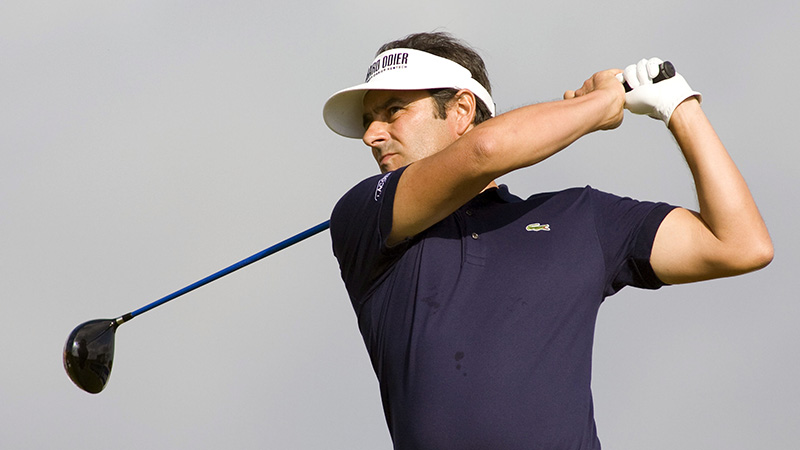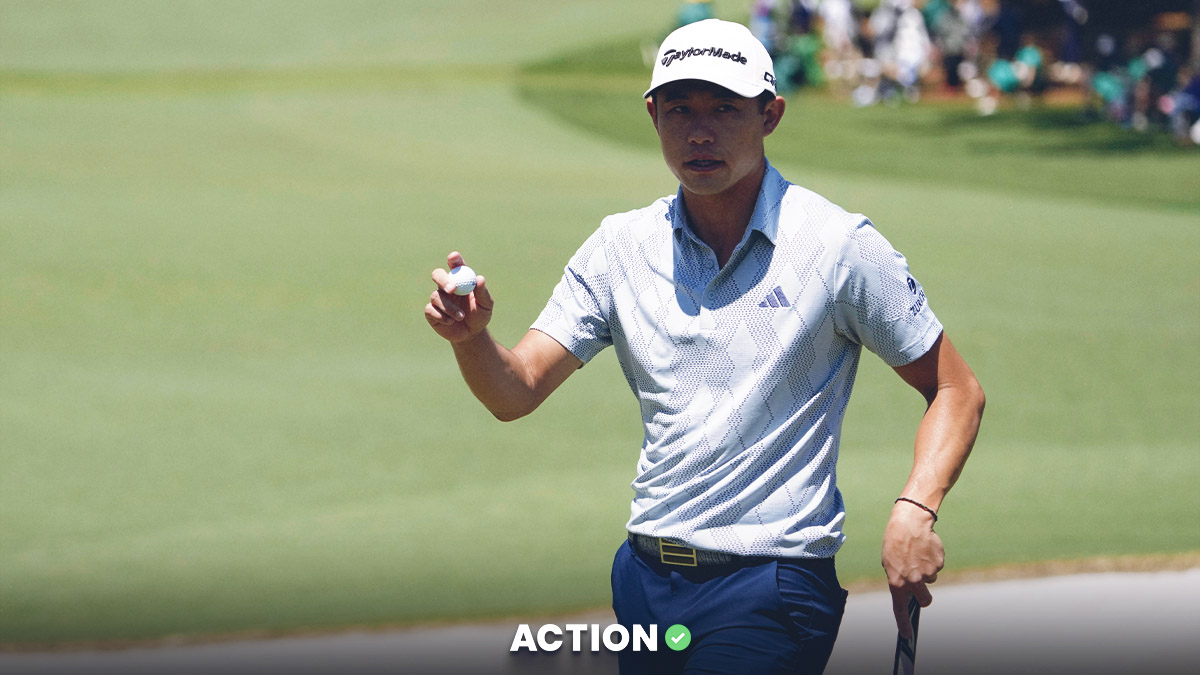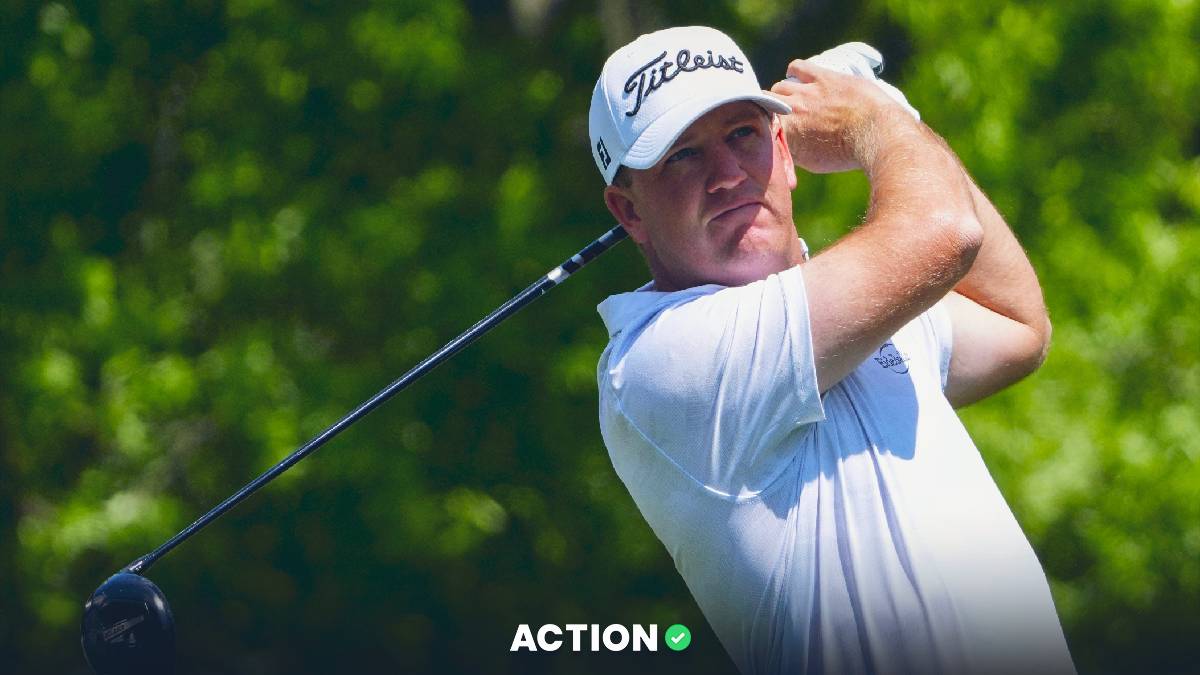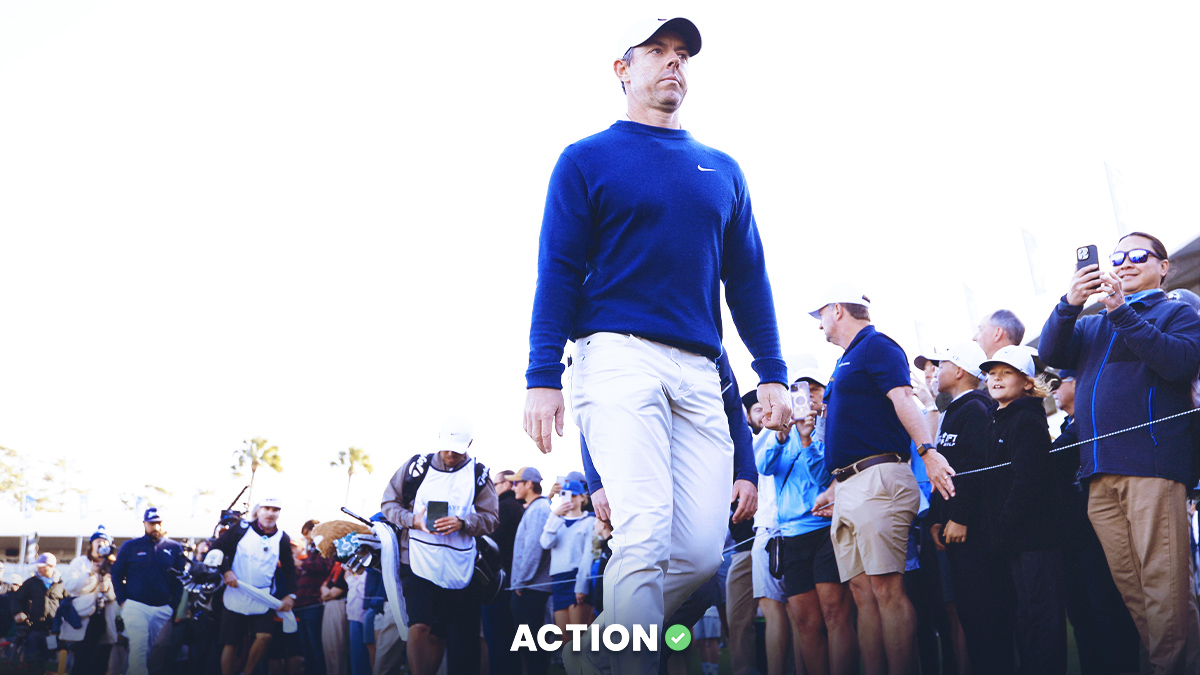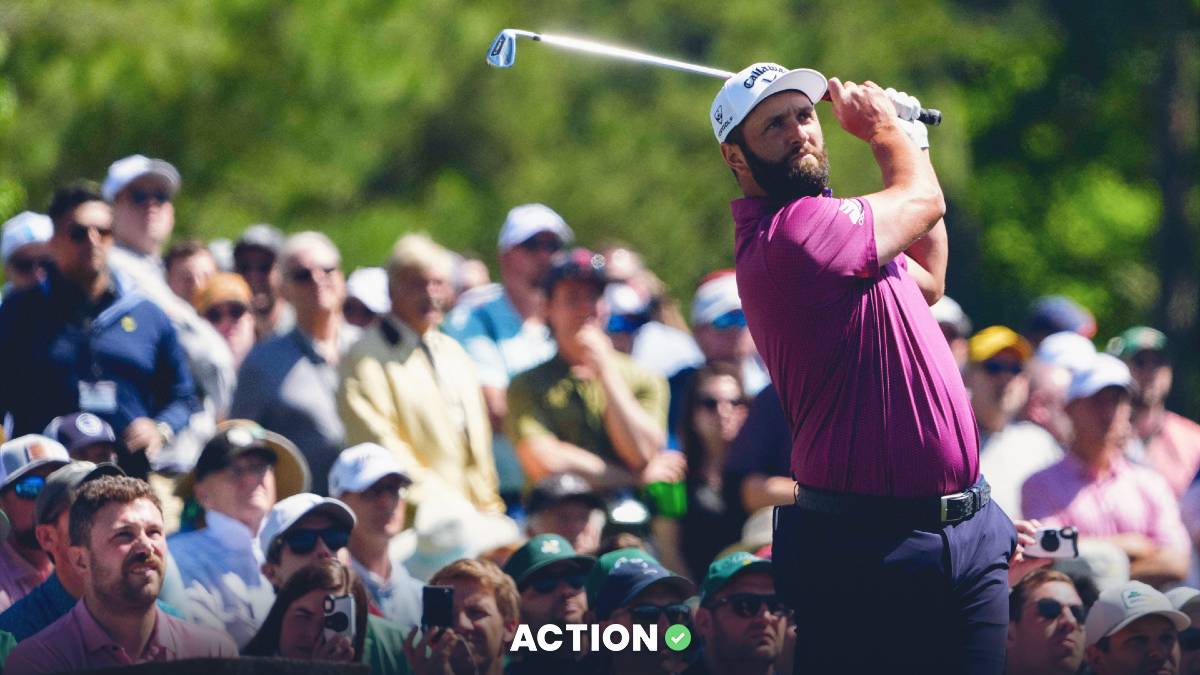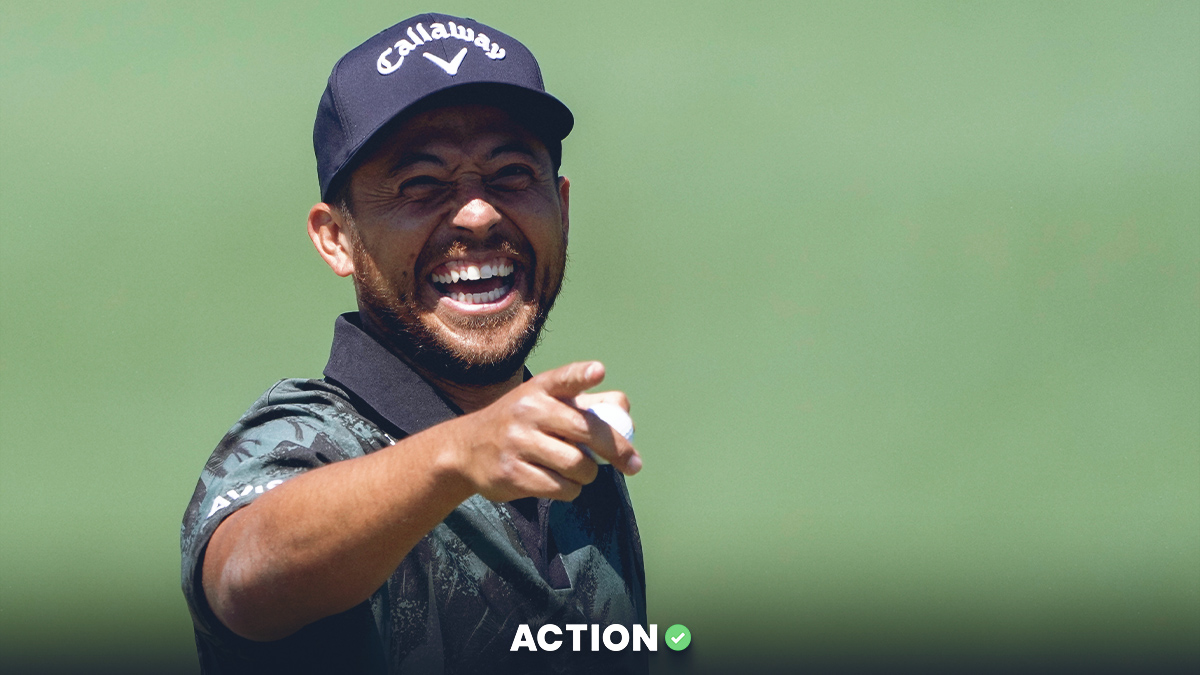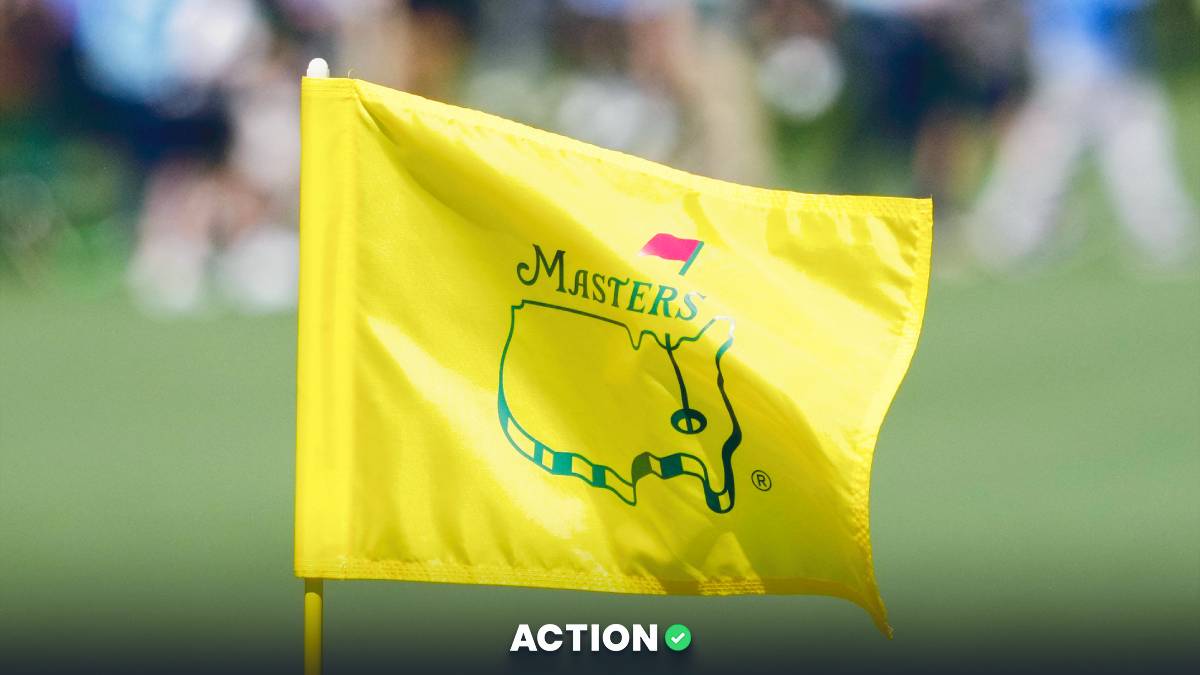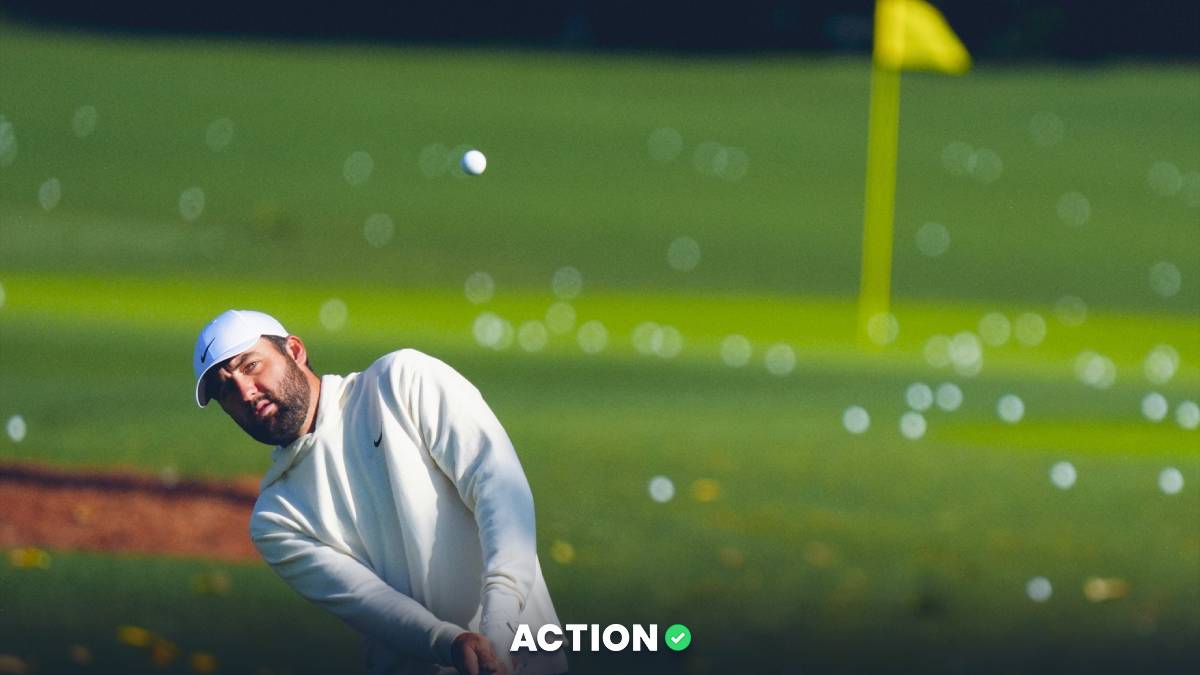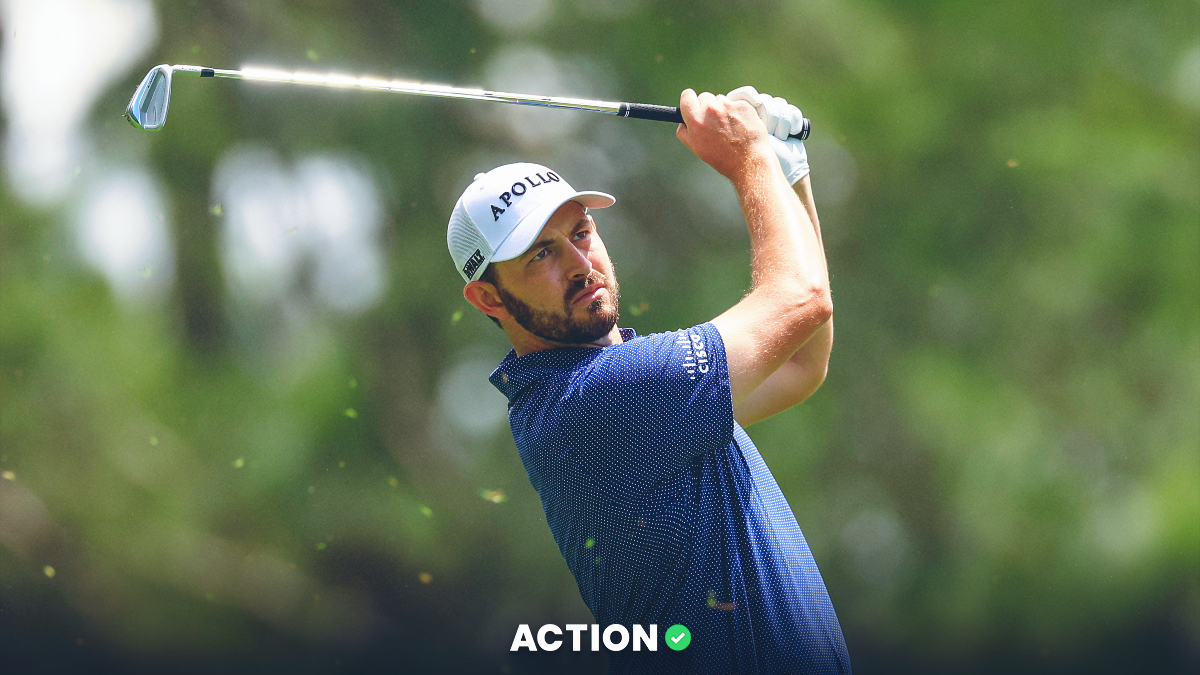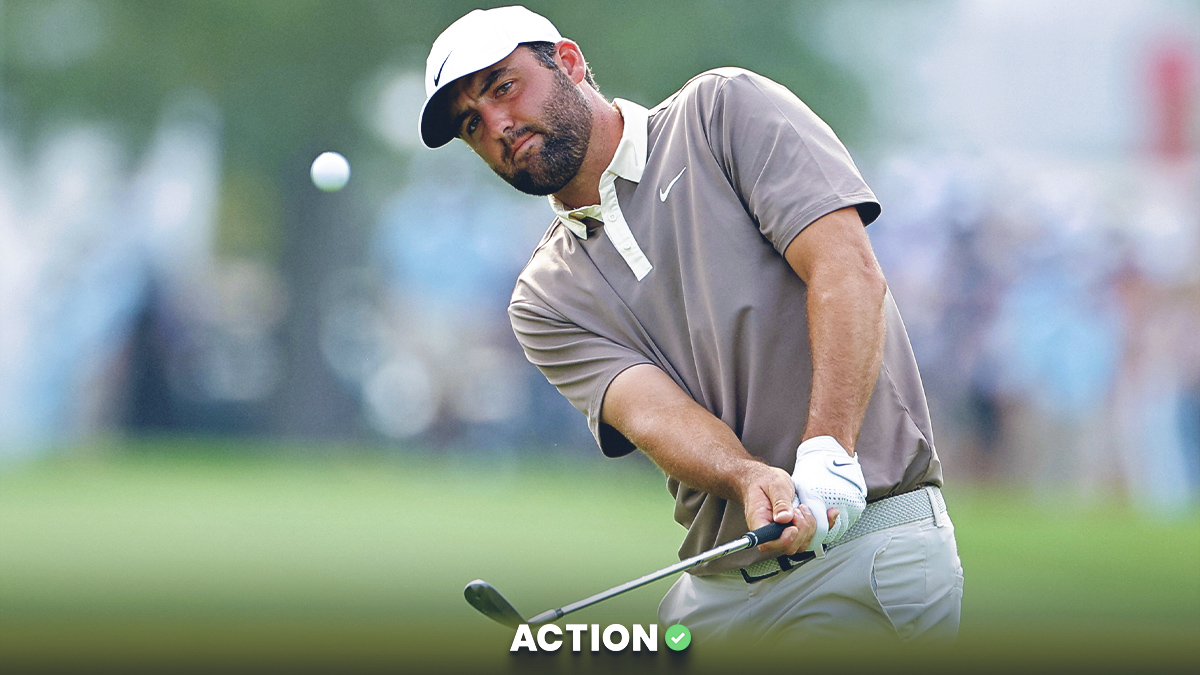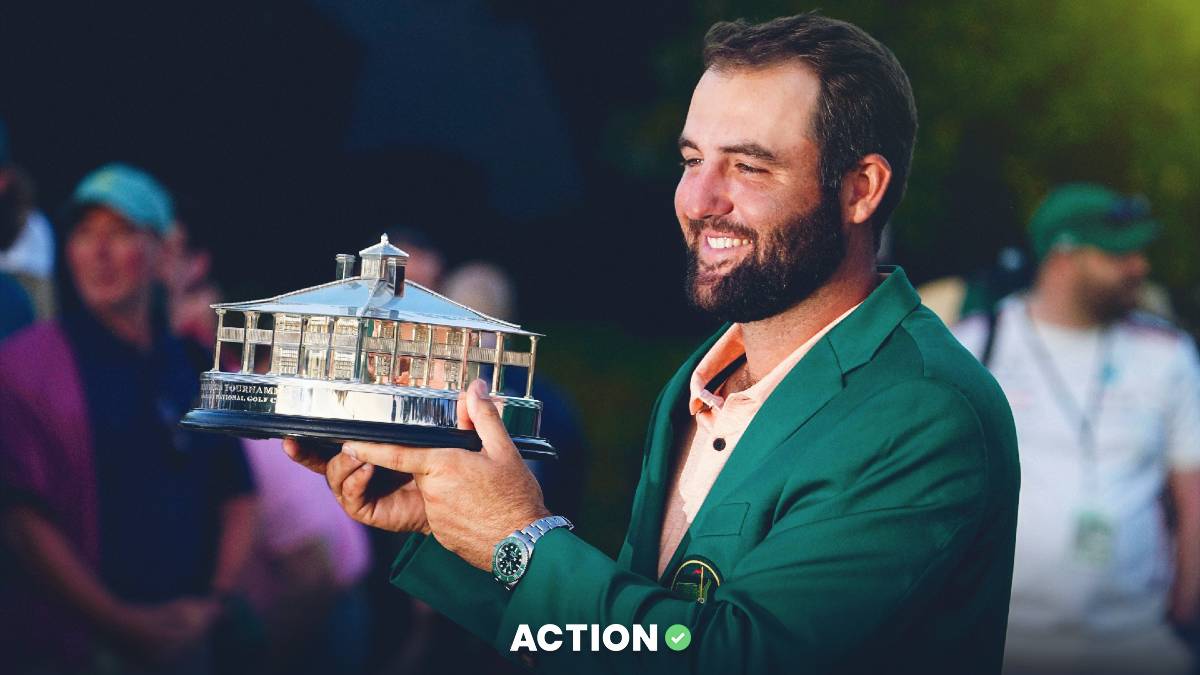In the world of sports gambling, there are losses, there are bad beats, and then there’s the type of historically bad beat that befell a man named Bob Bubka back in 1999.
A longtime golf radio broadcaster who is still covering the game’s professional ranks, Bubka showed up to Carnoustie for The Open Championship that summer and promptly started doing his homework. A gregarious personality who knows just about everyone in the industry, he was speaking with players on the practice range early that week when he was introduced to a young Frenchman for the first time.
The player’s name was Jean Van de Velde, and Bubka instantly took a liking to him.
“He was extremely friendly,” Bubka recalls. “I watched him hit balls for maybe 20 to 25 minutes. I had never heard anything about his golfing expertise, but I said, hey, he’s in the field, and I knew Carnoustie was going to be a bear that week. … Betting shops are readily available. I just went in and bet 50 pounds on Jean Van de Velde.”
At 200-1, that longshot wager would have netted Bubka about $17,000 when converted to U.S. dollars.
Download The Action Network App to track all of your golf bets.
His new acquaintance soon proved to be more than just a flier bet.
Van de Velde opened with a 75 that week, but followed that with scores of 68 and 70 on the notoriously devilish links, claiming a five-stroke lead going into the final round.
“Lo and behold, I’m watching him do remarkable things,” Bubka says. “I have to be honest: I was already calculating how I was going to spend the $17,000 windfall.”
He didn’t stop there.
By that point in the tournament, plenty of Bubka’s colleagues had gotten wind of his potential score, and they wanted a piece of the action — against him.
He was soon laying 2-1 odds with all comers, taking Van de Velde to convert his hefty advantage into the first major championship victory for a French-born golfer.
For most of the day, this looked like a safe bet.
So safe, in fact, that with Van de Velde holding a three-shot lead while heading to the final hole, those colleagues started paying up.
“Three or four of the guys who I had these bets with came over and paid me,” Bubka says. “Stupid me, I took the money.”
Consider it the golf betting equivalent of Arnold Palmer accepting congratulatory handshakes while walking up the 18th hole at the 1961 Masters, only to make double bogey and lose the tournament.
“Boy oh boy,” continues Bubka, “did I regret that after what happened on the [72nd] hole.”
What happened has become one of the all-time cringeworthy moments in golf’s storied history.
Call it a series of unforced errors or unfortunate circumstances, a blunder of historic proportions or a mistake at the most inopportune time. However you see it, to this day, the unraveling of Van de Velde’s final hole serves as schadenfreude theater to the highest degree.
He pushed his drive, barely carrying the Barry Burn. He tried to reach the green with a 2-iron, and his ball hit a railing on the grandstand and landed in deep rough. He again tried to reach the green and instead ended up in the burn. He removed his shoes and socks, rolled up his pant legs, then decided against the effort and took a drop. He then hit into a greenside bunker and splashed out to 6 feet. Somewhat miraculously, after that lengthy calamity, he holed the ensuing putt for a triple bogey.
That score still qualified Van de Velde for a three-man playoff, but nerves already shattered, he lost to Paul Lawrie.
Meanwhile, Bubka watched the entire scene unfold. His potential $17,000 payday may as well have been an uninsured midsized car driving off a cliff.
Sign up for The Action Network's daily newsletter to the best sports betting content delivered into your inbox each morning.
“I really was in shock,” he says. “I not only lost the $17,000 from the betting shop, I lost my personal money to members of the media who probably still have it framed, because I was so cocky with that five-shot lead going into the last round. I didn’t think anything could happen to it.”
And, no, Bubka didn’t have the foresight to bet Van de Velde each way, meaning he still would’ve cashed in the event of a top-five finish.
“I’ve never taken an each-way bet in my life,” he says. “I can’t tell you how many times [colleagues] said, ‘You were stupid, you should’ve made an each-way bet. You still would have won a lot of money.’ I say, ‘Listen, I wasn’t only stupid for not taking an each-way bet, I was stupid enough to bet that he was going to win with just one hole to go and collect the money, which I had to give back.”
Bubka can laugh about it now, 19 years later, as The Open returns to Carnoustie, but the truth is, he was hardly crying over it back then.
He remembers meeting Van de Velde again a few years later and telling him the story of the massive payout he’d cost him.
“He got a good chuckle out of it,” Bubka says. “I wasn’t upset at all. I actually remembered thanking him for the thrill he gave me through 71 holes. Very rarely am I going to make a wager for 50 pounds and stand to make $17,000. The excitement level for 71 holes was certainly worth the 50 pounds I put up.”
Yes, there are bad beats in sports gambling, and then there are the type of historically bad beats we’re still talking about nearly two decades later.
A chance encounter on the practice range. A flier in the betting shop. An unlikely lead and unlikelier demise.
For a gifted storyteller like Bubka, he might have lost $17,000, but he gained a rich, cautionary tale about never collecting your money until the tournament is officially over.


